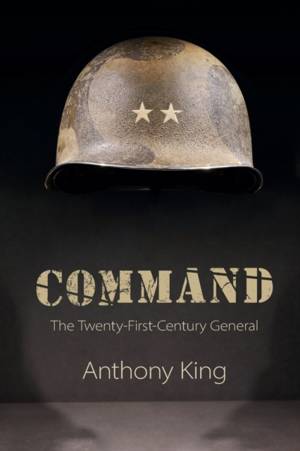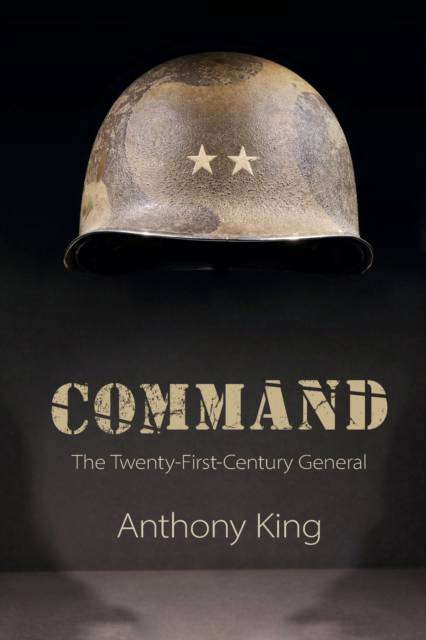
- Afhalen na 1 uur in een winkel met voorraad
- Gratis thuislevering in België vanaf € 30
- Ruim aanbod met 7 miljoen producten
- Afhalen na 1 uur in een winkel met voorraad
- Gratis thuislevering in België vanaf € 30
- Ruim aanbod met 7 miljoen producten
Zoeken
Omschrijving
In the wake of the troubled campaigns in Afghanistan and Iraq, military decision-making appears to be in crisis and generals have been subjected to intense and sustained public criticism. Taking these interventions as a starting point, Anthony King examines the transformation of military command in the twenty-first century. Focusing on the army division, King argues that a phenomenon of collective command is developing. In the twentieth century, generals typically directed and led operations personally, monopolising decision-making. They commanded individualistically, even heroically. As operations have expanded in range and scope, decision-making has multiplied and diversified. As a result command is becoming increasingly professionalised and collaborative. Through interviews with many leading generals and vivid ethnographic analysis of divisional headquarters, this book provides a unique insight into the transformation of command in western armies.
Specificaties
Betrokkenen
- Auteur(s):
- Uitgeverij:
Inhoud
- Aantal bladzijden:
- 504
- Taal:
- Engels
Eigenschappen
- Productcode (EAN):
- 9781108700276
- Verschijningsdatum:
- 28/02/2019
- Uitvoering:
- Paperback
- Formaat:
- Trade paperback (VS)
- Afmetingen:
- 152 mm x 226 mm
- Gewicht:
- 816 g

Alleen bij Standaard Boekhandel
+ 91 punten op je klantenkaart van Standaard Boekhandel
Beoordelingen
We publiceren alleen reviews die voldoen aan de voorwaarden voor reviews. Bekijk onze voorwaarden voor reviews.











